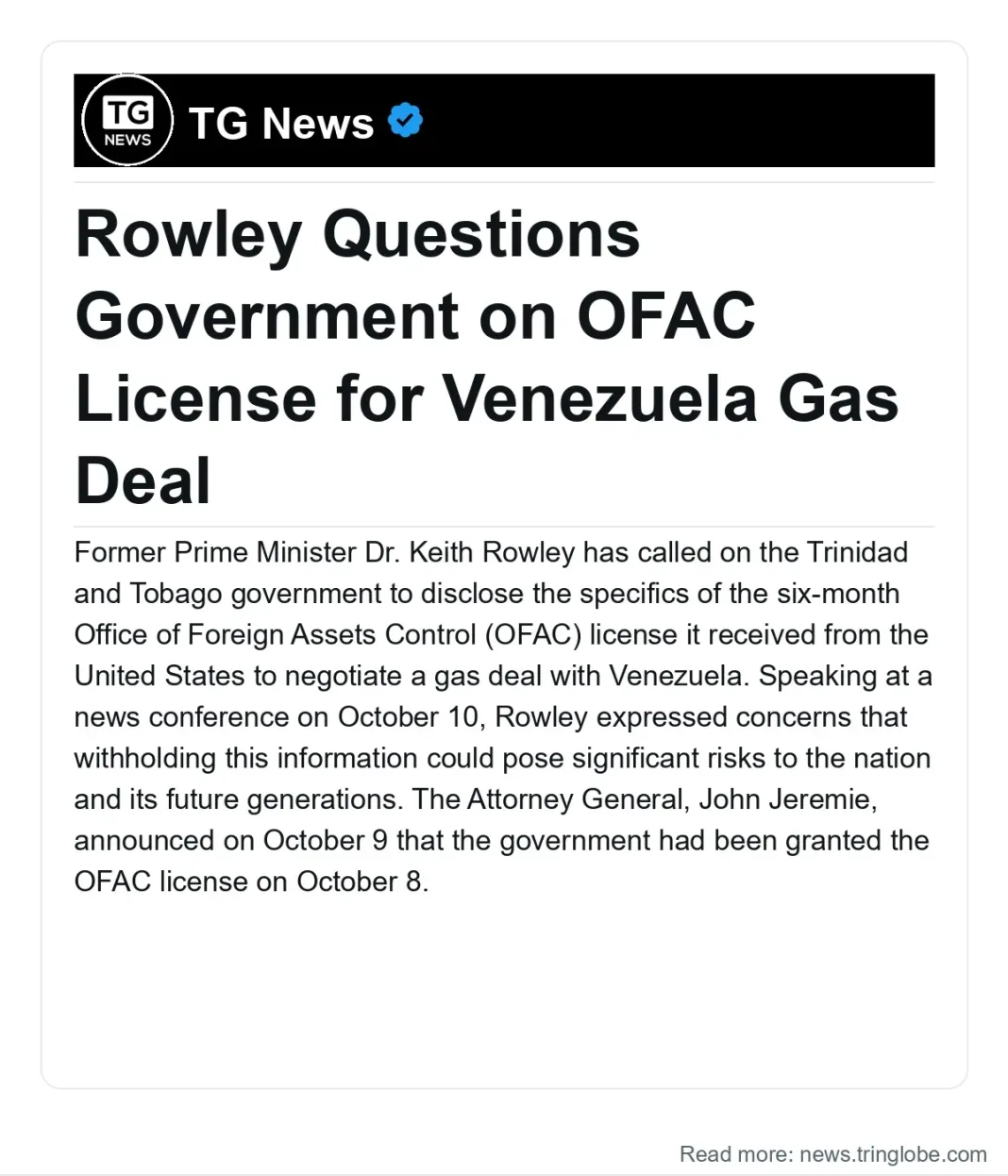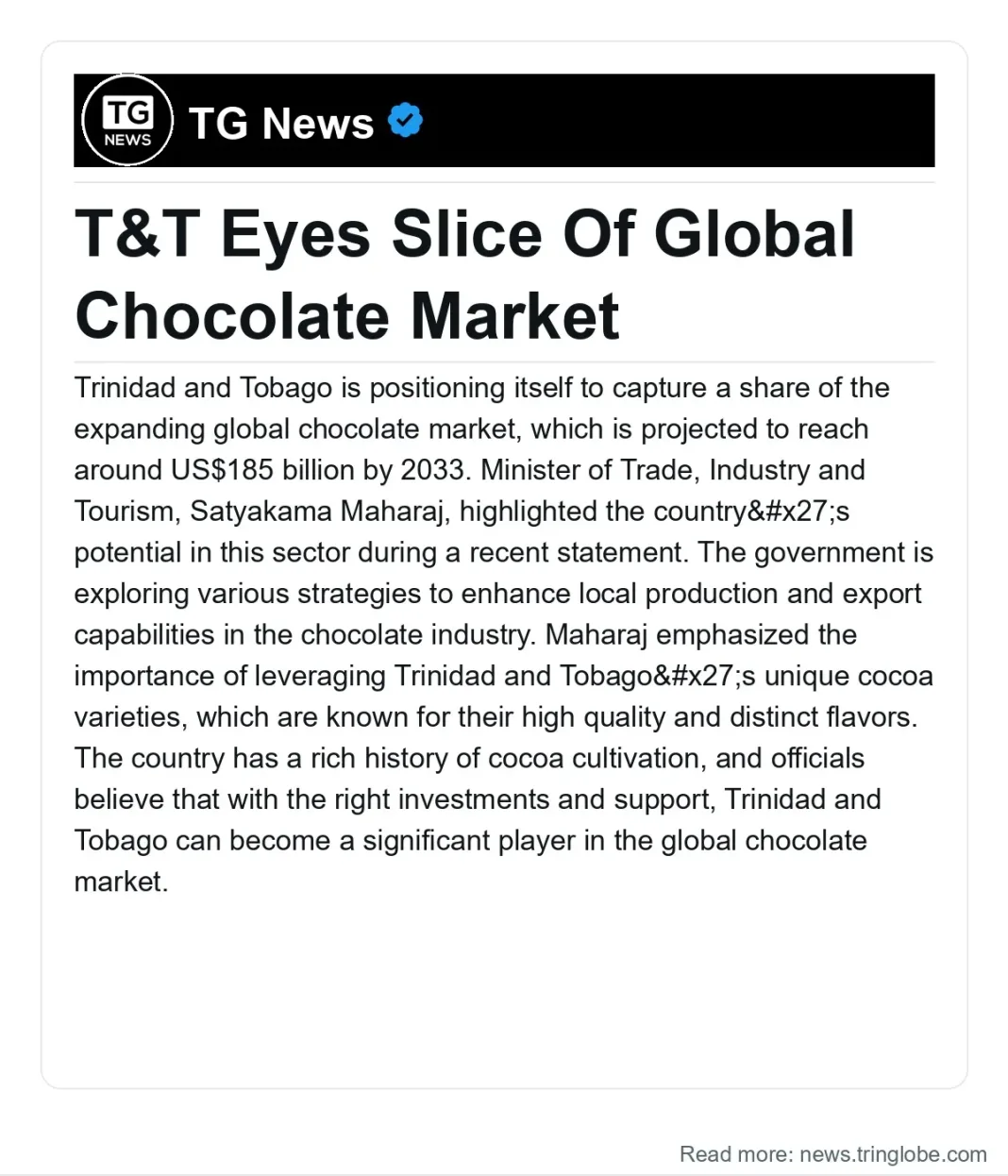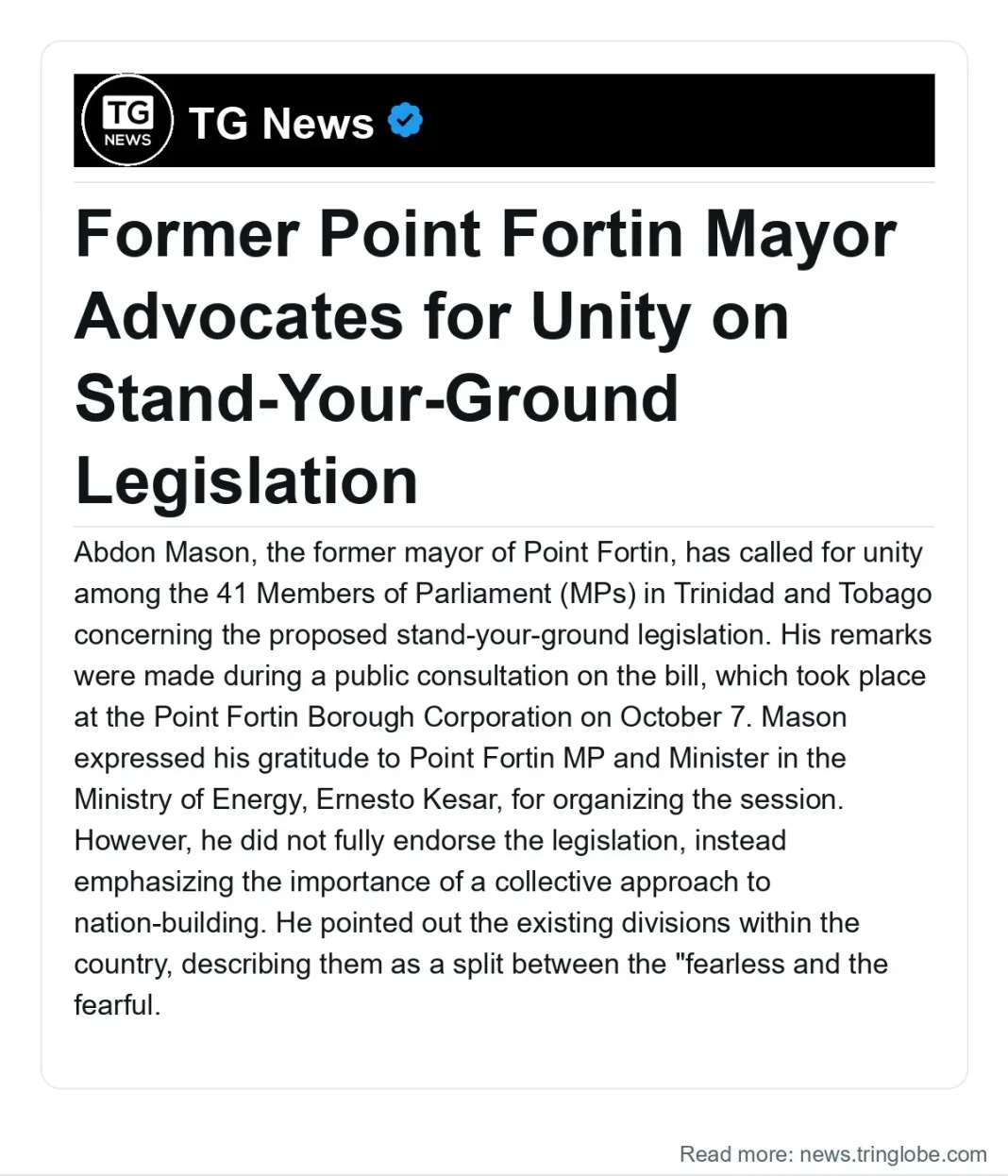This report covers trinidad tobago: rowley questions with key details and context.
This report covers trinidad tobago: rowley questions with key details and context.
Former Prime Minister Dr. Keith Rowley has called on the Trinidad and Tobago government to disclose the specifics of the six-month Office of Foreign Assets Control (OFAC) license it received from the United States to negotiate a gas deal with Venezuela. Speaking at a news conference on October 10, Rowley expressed concerns that withholding this information could pose significant risks to the nation and its future generations.
The Attorney General, John Jeremie, announced on October 9 that the government had been granted the OFAC license on October 8. This license allows certain entities, including employees and contractors associated with Trinidad and Tobago, the National Gas Company (NGC), Shell PLC, and Futura Clara Ltd, to engage in transactions with Venezuela’s state-owned energy company, PDVSA.
Jeremie noted that this arrangement differs from the previous negotiations conducted by the former People’s National Movement (PNM) administration. He emphasized a “tiered approach” rather than licensing the entire project. This approach aims to facilitate negotiations while adhering to the stipulations of the OFAC license.
trinidad tobago: rowley questions: key developments so far.
In his remarks, Jeremie highlighted that the current government secured the license in a matter of months at a cost of less than $500,000. This was contrasted with the former administration’s expenditure of over $120 million without tangible results after two years of negotiations. The Attorney General’s comments were intended to showcase the efficiency and effectiveness of the current government’s strategy in comparison to past efforts.
Rowley, however, criticized the current government’s approach, stating that they were not directly communicating with Venezuela as his administration had done. He attributed potential difficulties in negotiations to actions taken by the current government since 2016. Rowley’s comments reflect ongoing concerns regarding the energy sector and the importance of transparent communication in international negotiations.
In light of these developments, the former Prime Minister’s call for transparency raises questions about the implications of the OFAC license and its potential impact on Trinidad and Tobago’s energy future. The discussions surrounding the gas deal with Venezuela are crucial, given the country’s reliance on energy exports and the need for strategic partnerships in the region.
As the situation evolves, stakeholders in Trinidad and Tobago’s energy sector will be closely monitoring the government’s actions and the outcomes of the negotiations with Venezuela. The balance between securing favorable terms for the country and maintaining compliance with international regulations will be a key focus in the coming months.
Overall, the dialogue between the former Prime Minister and the current government highlights the complexities of energy diplomacy and the importance of clear communication in addressing national interests. The outcome of these negotiations could have lasting effects on the economic landscape of Trinidad and Tobago.


